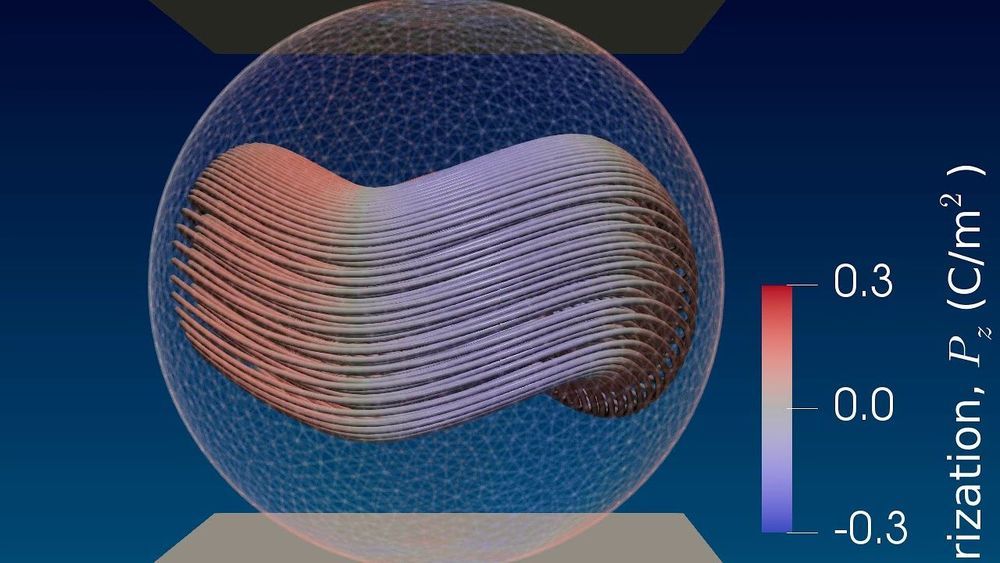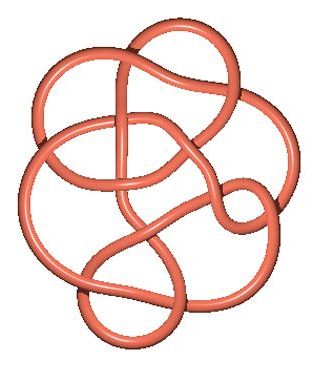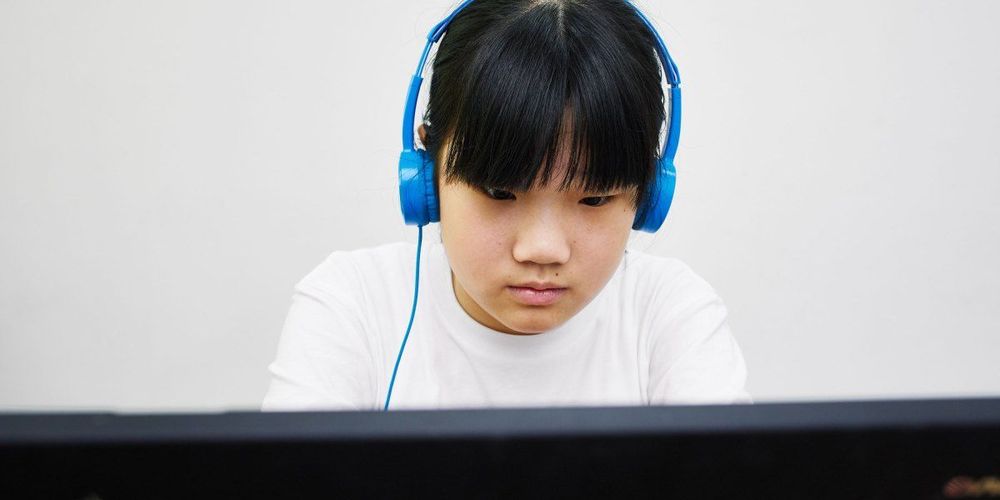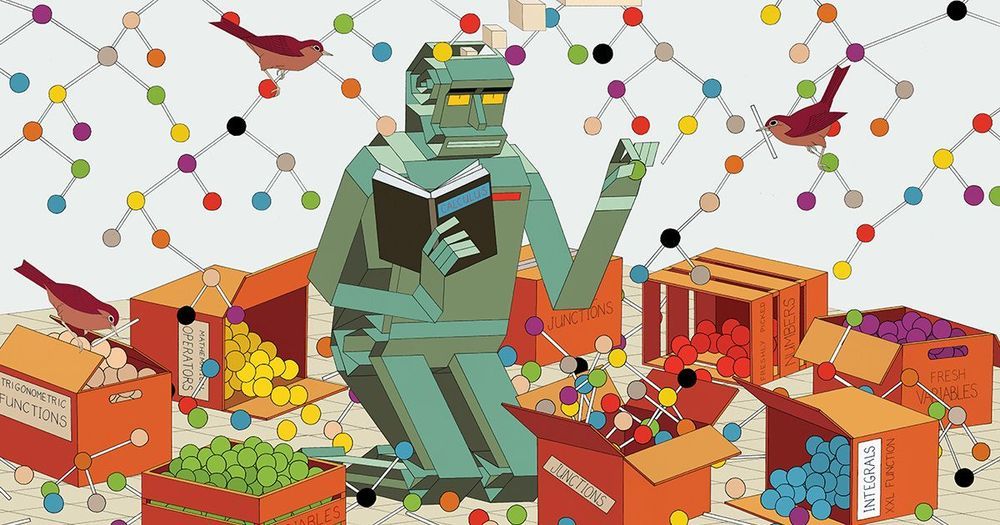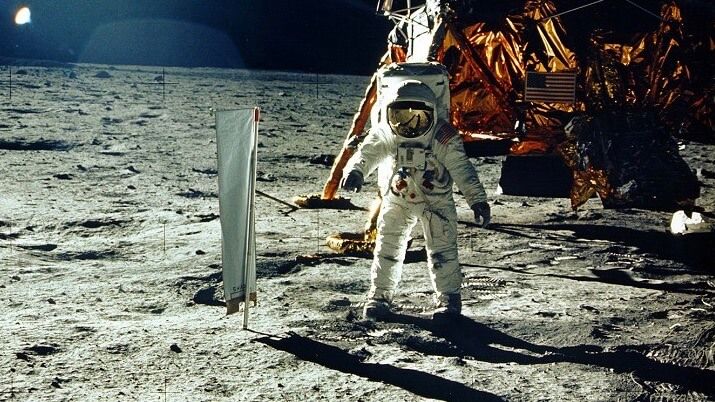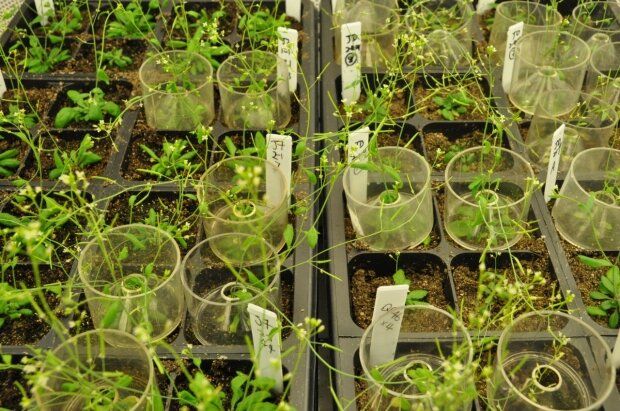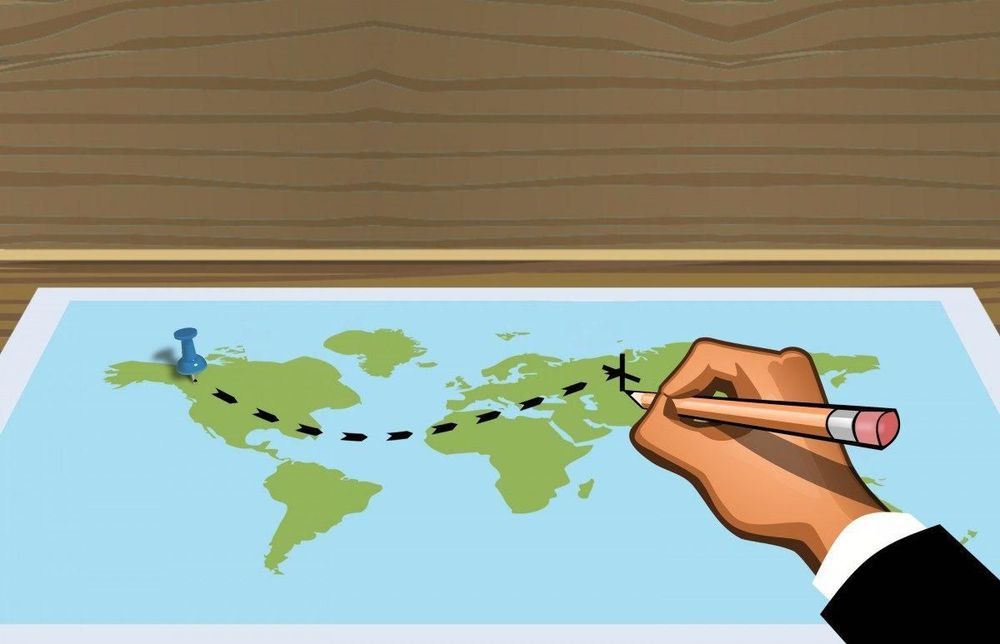
As expected, they discovered large fluctuations in the composition and daily changes of the human and mouse gut microbiomes. But strikingly, these apparently chaotic fluctuations followed several elegant ecological laws.
“Similar to many animal ecologies and complex financial markets, a healthy gut microbiome is never truly at equilibrium,” Vitkup says. “For example, the number of a particular bacterial species on day one is never the same on day two, and so on. It constantly fluctuates, like stocks in a financial market or number of animals in a valley, but these fluctuations are not arbitrary. In fact, they follow predictable patterns described by Taylor’s power law, a well-established principle in animal ecology that describe how fluctuations are related to the relative number of bacteria for different species.”
Other discovered laws of the gut microbiome also followed principles frequently observed in animal ecologies and economic systems, including the tendency of gut bacteria abundances to slowly but predictably drift over time and the tendency of species to appear and disappear from the gut microbiome at predictable times.
Continue reading “Dynamics of gut bacteria follow ecological laws” »

